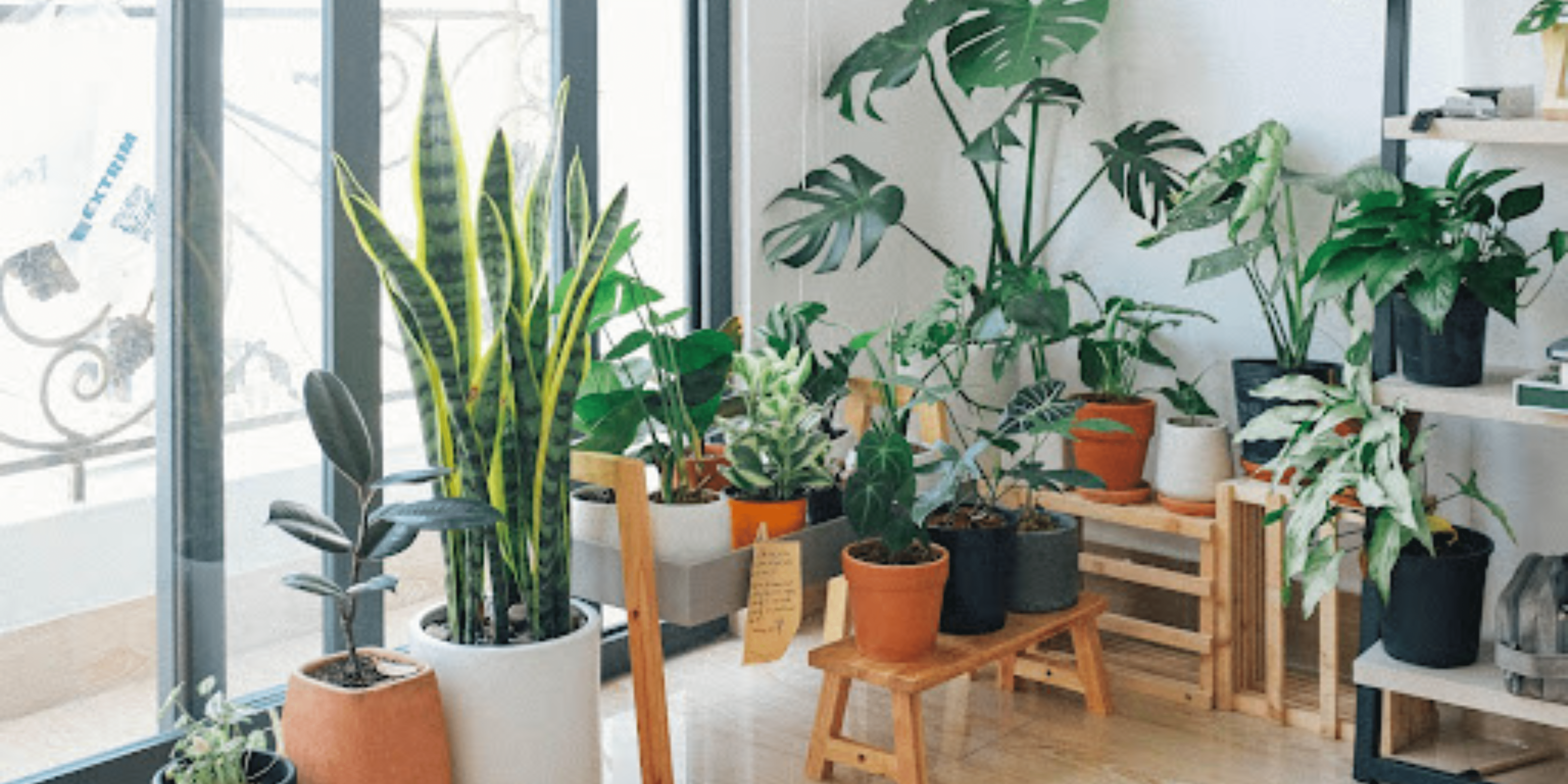Choosing The Right Organic Seeds: Tips For Successful Planting
Choosing the right seeds plays a key role in setting up an organic garden. Organic seeds are the ones produced without the use of any synthetic fertilizers, pesticides, or genetically modified organisms (GMOs). They have several benefits for both your health and the environment making them the best choice for you.

Benefits of choosing organic seeds
Here are some of the reasons why organic seeds score over conventional ones:
1. Excellent for health:
They are rich in antioxidants, vitamins, minerals, and other phytochemicals and are more flavorful. Having an organic diet can help boost your immune system, prevent diseases, and enhance your taste buds.

2. Good for the environment:
Growing organic seeds means zero use of chemicals leading to the conservation of soil and water maintaining the natural balance of the ecosystem, and conservation of biodiversity.
3. Resistant to pests and diseases:
They are selected and bred in a way that they can grow well in different soil and climate conditions, without relying on chemical fertilizers and pesticides. They are also resistant to pests and diseases that conventional seeds might not have.
4. Available in a wide variety:
You can choose from a wide variety of organic seeds according to shapes, colors, sizes, and flavors. You can also save them for the next season.
Tips for successful plant growth with organic seeds
Choosing the right organic seeds is an important step in starting your organic garden. The following tips will help you find the best organic seeds according to your needs and preferences:
1. Preparing the soil for planting organic seeds:
Preparing the soil is key to a successful harvest. Start by removing any weeds or rocks and adding any necessary soil amendments such as compost or fertilizer. Make sure the soil is well-draining and has good aeration before planting your seeds.

2. Seed depth:
Plant your seeds at the recommended depth according to the specific variety.

3. Watering:
Water your plants regularly and deeply to ensure that the roots have adequate moisture.
4. Pest control:
Use organic pest control methods such as companion planting or insect-repelling plants to keep pests at bay.
Factors to consider before choosing organic seeds
1. Climate:
The climatic conditions such as temperature, sunlight, rainfall, etc., vary with the location. Therefore, it becomes very important to choose seeds that are well-suited to your local environment.

2. Soil type:
Different plants have different preferences for soil pH, texture, drainage, fertility, and moisture. Care should be taken while choosing the seeds that are appropriate for the soil in your area.
3. Space availability:
Some plants grow tall and wide while others are low and compact. Some plants have deep roots, while others have shallow roots. Different plants have different space requirements. Choose organic seeds that fit your space availability, or whether they can be grown in small containers or beds.

4. Disease resistance:
Look for seeds that are resistant to plant diseases common in your area to ensure a successful harvest.
5. Purpose of gardening:
Some plants are edible, while others are ornamental. Some plants are fragrant, while others are colorful. Choose the organic seeds according to your gardening goals or serve multiple purposes.
Here are some other blogs which make your Green Space more Greener!
- Gardening Calendar Blogs
- Sustainable Gifting Ideas
- Gardener Stories
- Garden Care Blogs
- Miniature Garden Decor
- Gardening Workshops
Have a look at some amazing Videos on Gardening that might help you!
- Tips on planting homegrown plants and creating art with them as a beginner.
- How to preserve, plant, and grow flower seeds in monsoon, winter, and other seasons.
- Growing different vegetables, winter vegetables especially, and tips and tricks to preserve.
- Preserving fruits such as strawberries, Papaya, watermelon, muskmelon, etc.
- Know all about microgreens using examples such as microgreen spinach, microgreen sunflower, microgreen mustard, microgreen flax, etc.
- Using gardening tools such as pots, trays, growing bags, moss sticks, watering cans, etc.
Here are some Workshops that might help you if you are new to Gardening!
- Convert your small space into a green jungle.
- How to upcycle DIY’s for home decor.
- Watch our workshop on using biochemical enzymes instead of chemicals in gardening.
- Workshop on stepping towards sustainability.


I have small space and these organic seeds has work very well
I have red soil and planted these seeds and they are growing very well
These organic seeds has successful growth rate of 100 %